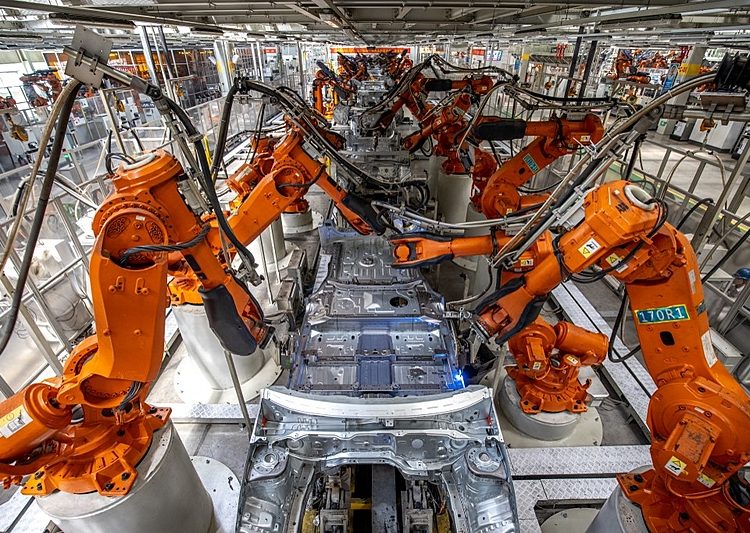Volkswagen and General Motors (GM) decided to reduce car production in Brazil in the midst of a federal government program to stimulate the automotive industry.
Volks suspended car production at three factories: in São José dos Pinhais (state of Paraná), São Bernardo do Campo and Taubaté (both in the state of São Paulo). The decision was announced on Tuesday (27) and, according to the company, has to do with the “stagnation” of the car market in the country.
Also on Tuesday, metallurgists from São José dos Campos (state of São Paulo) approved the temporary suspension of employment contracts for 1,200 employees at the GM factory in the city – about a third of the total. The so-called lay-off was requested by the automaker thinking about suspending one work shift and consequent reduction in production.
This all happened during the validity of the government program that subsidizes up to R$ 8,000 (about US$ 1,700) for the purchase of popular cars precisely to stimulate their production. The provisional measure that created this program was signed by President Luiz Inácio Lula da Silva (Workers' Party) on the 5th – that is, less than a month ago.
Subsidy for sales
The program allocates, at first, R$ 500 million (nearly US$ 105 million) in tax discounts just for popular car discounts. Another R$ 700 million (approximately US$ 147 million) went to trucks and buses, and R$ 300 million (about US$ 63 million) to minibuses.
The government sees the program as a success. The Ministry of Development, Industry and Foreign Trade (Mdic) informed in a note sent to Brasil de Fato that more than 80% of the resources allocated to subsidies ran out in about 15 days, which shows that there was great demand for cars stimulated by subsidies.
The government, by the way, is going to extend the program and grant extra subsidies for the purchase of popular cars.
The Mdic also informed that the intention of the program was to maintain 1.2 million jobs linked to the automotive production chain. It also declared that “the government is working to improve the business environment, to reduce interest rates, to approve the tax reform and to create a new industrial policy, among other structural measures aimed at promoting economic growth, increasing population's income and stimulating the domestic market – benefiting all sectors of economic activity”.
Interest and counterpart
Wellington Messias Damasceno, managing director of the ABC Metallurgist Union, which represents Volkswagen workers, stated that the industry will not recover while Brazil's basic interest rate, the Selic, is not reduced.
Currently, the Selic is at 13.75% per annum. It is the highest real basic interest rate in the world – that is, interest minus the percentage of inflation.
With high interest rates, financing for the purchase of a car becomes more expensive. This discourages purchase and, consequently, production.
“Interest rates are making business impracticable,” said Damasceno. “As much as there was an initiative by the Brazilian federal government to offset values, what we had imagined and in the time we expected has not been achieved.”
Valmir Mariano, vice-president of the Metalworkers' Union of São José dos Campos, added that structural measures will also be necessary for the automobile industry to recover.
"The salary level is very low today, including in automakers," he said. “Job insecurity is also very high. That needs to change for people to take out long-term financing to buy a high-value product.”
Mariano also criticized the government, as it subsidized the automakers' business without demanding production counterparts or job guarantees.
"The government is giving public money to companies and should demand from those companies not to fire anyone, should demand that they guarantee the jobs for the workers," he said.
Automakers
Sought by Brasil de Fato, the National Association of Motor Vehicle Manufacturers (Anfavea), which negotiated with the government the subsidy to automakers, did not comment on the employees suspensions by GM and Volkswagen.
At the beginning of the month, when the government announced the subsidy, the president of Anfavea, Márcio de Lima Leite, stated that three automakers had suspended lay-offs to increase production because of the program.




